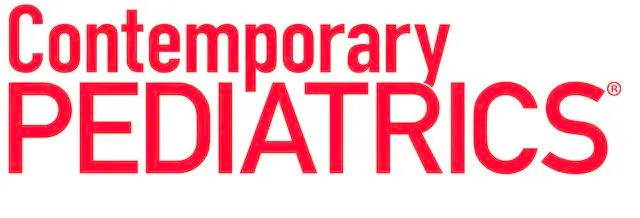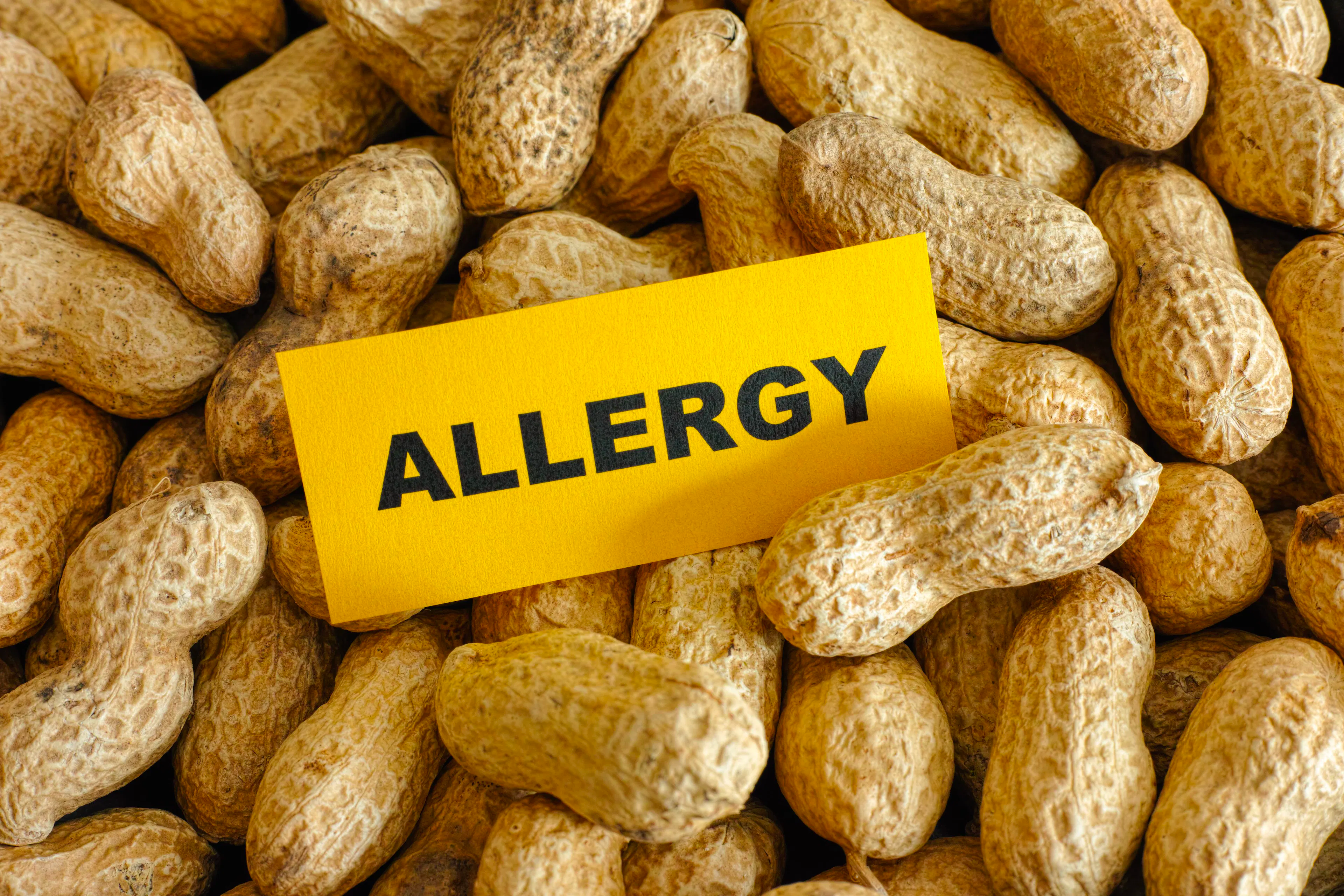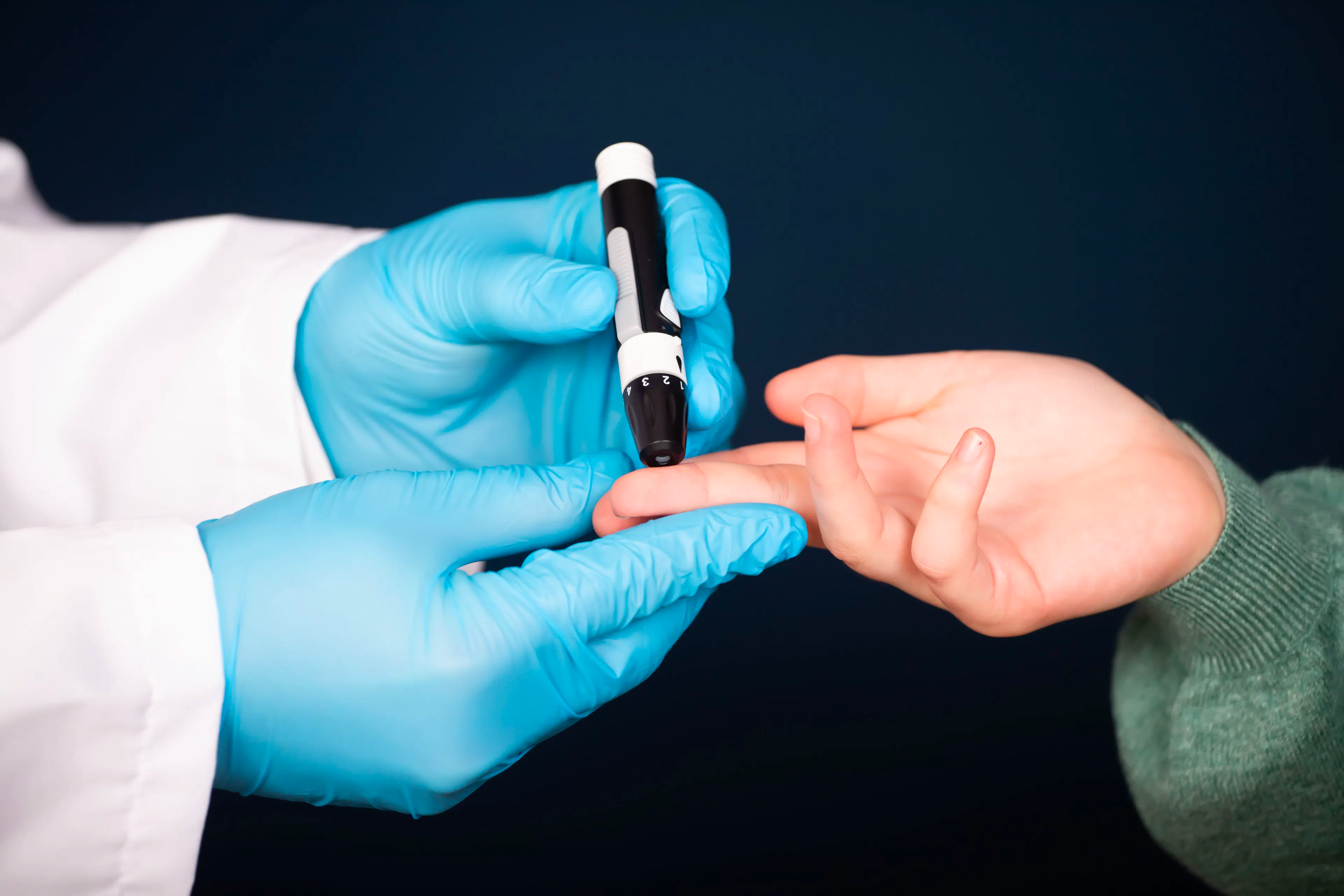Contemporary Pediatrics week in review: New EB treatment, puzzler, and more
Review some of the top stories from the Contemporary Pediatrics website over the last week, and catch up on anything you may have missed.
Image Credit: Contemporary Pediatrics

Thank you for visiting the Contemporary Pediatrics® website. Take a look at some of our top stories from last week (Monday, December 18 to Friday, December 22, 2023), and click on each link to read and watch anything you may have missed.
1.) FDA approves birch triterpenes to treat epidermolysis bullosa in patients 6 months and older
Birch triterpenes (FILSUVEZ; Chiesi Global Rare Diseases) is the first approved treatment for wounds associated with junctional epidermolysis bullosa (JEB), according to the developer.
Click here to read the full article.
2.) FDA approves roflumilast foam 0.3% to treat seborrheic dermatitis in patients 9 years and up
Seborrheic dermatitis patients aged 9 years and older can now use roflumilast foam 0.3% following its approval by the FDA.
Click here to read the full article.
3.) Newborn with midline neck lesion
A 4-day-old boy with a midline neck lesion was born at term by normal vaginal delivery. After birth, mid line lesion had the configuration of a linear cleft with a cephalocaudal orientation, extending from the level below the hyoid bone to the suprasternal notch with a length of 2.5 cm and a width of 0.5 cm.
What's the diagnosis?
Click here to view the full case and diagnosis.
4.) A discussion of epicutaneous immunotherapy for peanut allergic toddlers
A lead study investigator highlights epicutaneous immunotherapy using DBV 712 (Viaskin Peanut; DBV Technologies), its study details, and breaks down its usability, indications, and treatment potential.
Click here to read the full article.
5.) Discussing epilepsy's initial signs and treatments in the pediatric population
In this Contemporary Pediatrics interview, William Gallentine, DO, clinical professor of neurology, interim chief, Pediatric Neurology, Stanford Medicine Children's Health, discusses what to look for when suspecting epilepsy in children, who to refer to, and how to break down seizures to worried parents.
Click here to watch the full interview.
6.) No association between maternal mental disorders and type 1 diabetes in children
Mothers with mood disorders—either bipolar disorder, major depressive disorder— or schizophrenia/ schizoaffective disorder are not associated with their offspring’s risk for type 1 diabetes, according to a recent study.




